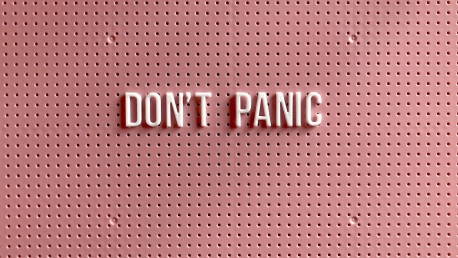Our relationship with other people, or lack thereof, has a direct impact on our mental and physical health—it isn’t a secret anymore. In fact, it has been researched over the years. But perhaps, now more than ever, it’s essential to learn more about ourselves and our well-being, especially when dealing with negative feelings in a time that pushes people to be isolated. Can we decrease these emotions?
This article talks about the impacts of social distancing on mental health and how you can mitigate anxiety, demotivation, or depression during a pandemic.
The impacts of social distancing on mental health
Since the beginning of 2020, a virus has been causing major economic losses, reduced physical interaction, and significant psychological distress across all continents. A year has passed already, and as social beings, people have been truly impacted by maintaining isolation for a long period. Moreover, financial losses and multiple routine changes led to psychological and emotional effects, such as demotivation and depression.
The pandemic is a social phenomenon. And despite being crucial for containing the virus, social distancing measures might have affected our mental health. Some studies have shown an increase in anxiety, negative thoughts, and sleep disturbances caused by the lockdown.
Moreover, the impact of COVID-19 might be even more powerful when added to the loss of millions of jobs, an increase in poverty and inequality—especially in developing countries, where the most affected are those living in nursing homes or homeless persons. The virus has also affected people with a history of mental disorders.
In a recent survey, 36% of the respondents said that they were stressed, and 43% reported feelings of loneliness during the social distancing period, specifically.
Strategies to overcome anxiety during COVID-19
The World Health Organization maintains the idea that social distancing is the most effective way to slow down the spread of the virus. However, people need more support during isolation periods.
“Waiting to provide support until after social distancing and isolation measures are relaxed or removed could have potentially devastating and lasting impacts on mental health, especially among those already socially and economically vulnerable.” – Dr. Simon Williams, Public Health researcher, Swansea University
Discussing more the impact of isolation is vital since there aren’t enough studies to date. More research is needed to clarify the exact effects of social distancing on mental health, as well as introducing policies and clinical approaches to these effects. So far, experts predict that isolation can increase fear, loneliness, and depressed moods. But there are a few actions, such as online psychological support and keeping in touch with friends and family—that could help.
Carolina Osorio, MD, a geriatric psychiatrist at Loma Linda Behavioral Health Institute, provides tips for dealing with isolation during this time. Among these tips, she recommends:
- Using digital platforms to get support from groups or care facilities
- Phoning close friends and family to discuss feelings of loneliness or boredom
- Relaxing the body by taking deep breaths, practicing meditation, or stretching
Other tips that can help to manage social distancing effects might be accepting a range of mixed emotions, practicing empathy with others and self, and making meaningful changes or creating new structures that will help improve everyday life.
Conclusion
So far, the data is scarce when it comes to the psychological impact of quarantine during previous situations. Experts still need to find out more about the consequences of social distancing. And most importantly, governments need to start working on their plans for lockdown exit strategies.









